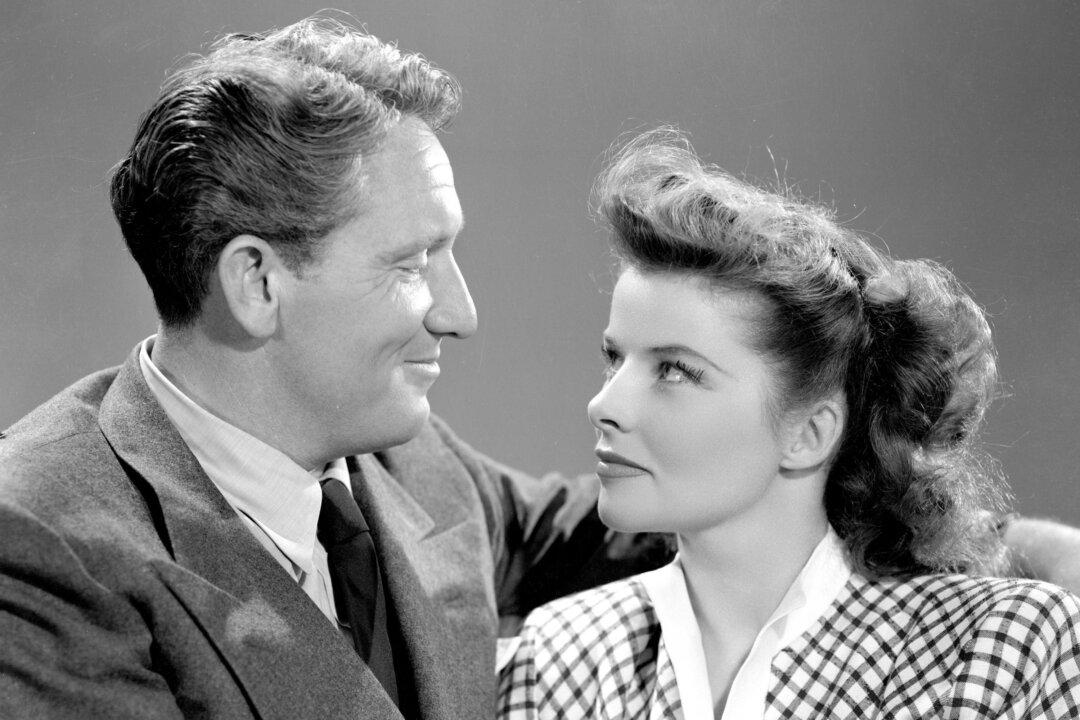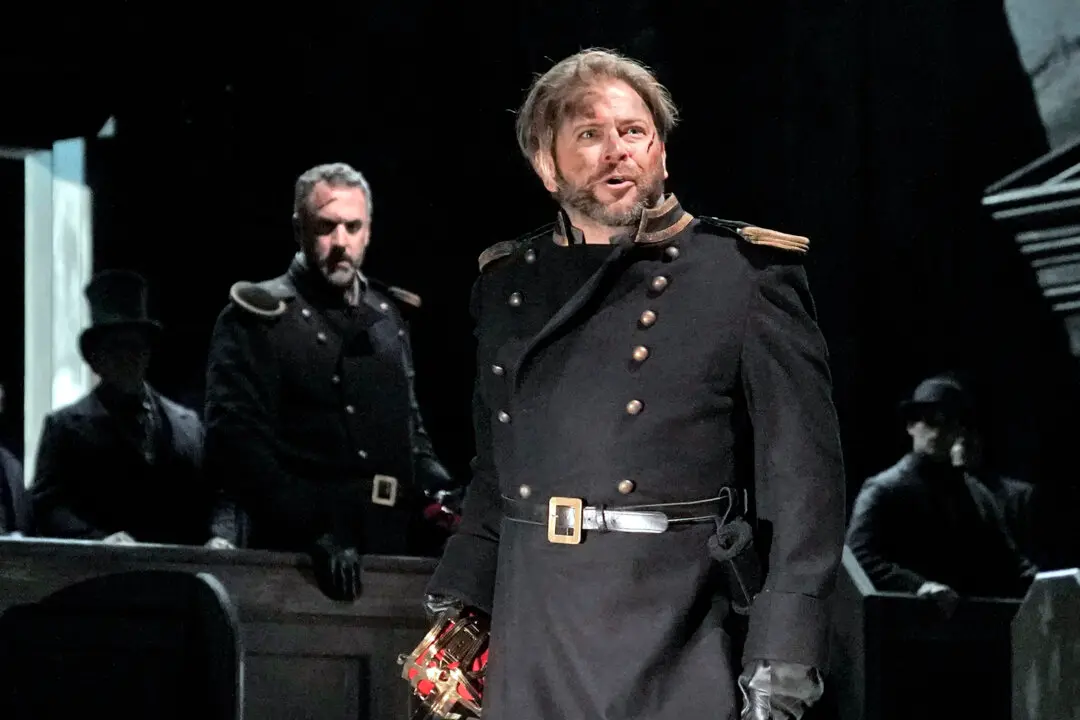Commentary
Katharine Hepburn was one of the brightest stars of Hollywood’s Golden Age. She was an excellent actress who appeared in dozens of outstanding films, so I often write about her. Whenever I do, I inevitably receive a comment about her feminism, her affair with Spencer Tracy, or her liberal lifestyle. These points often have nothing to do with the film or character discussed in the article, but the points are valid.





